curated by Margherita Fontana and Chiara Ghidelli
Guilty Pleasures, the focus dedicated to “erotic cinematography,” returns to Concorto again this year. With this term, we refer to all those cinematic works that, through a lucid and sharp gaze, address the themes of sexuality, the alliances human beings make through bodies, and the political value of these bonds. Far from being a vice or an aesthetic frill in a post-capitalist society, eros is first and foremost a performative act with potentially revolutionary value, an anti-social drive at the heart of sociality, something unspeakable at the center of discussion. By expanding the horizons of erotism, Guilty Pleasures aspires to show the subversive potential of sexuality in a society still entangled in a patriarchal ideology.
The short works selected this year stand out for their intimist slant and political significance. Through plural gazes, sexuality is explored in its being confined to the private space of the bedroom, an intimate place par excellence (After a room by Naomi Pacifique), in its pervasive power of public spaces (Sauna by Lara Perren, Anna Lena Spring) or even in its being a mirror of a structural violence that inhabited (and still inhabits) society (Granny’s Sexual Life by Urska Djukic and Émilie Pigeard). Space Is Quite a Lot of Things by August Joensalo, on the other hand, brings us to the heart of the relationship between gender identity and bodily sensations, fitting into that utopian prospect typical of some transfeminist perspectives. Many female voices and bodies are presented: from the “bodiless” confessions of Pakistani women about their sexual preferences (Nida Mehboob’s How I Like It) to the classic Hollywood figure of the (white) American girl who has just been dumped by her boyfriend (Caroline Lindy’s Aspirational Slut).
Showing bodies, identities, and contexts in their peculiarity and switching between different registers, from documentary to satirical comedy to dramatic animation, Guilty Pleasures still offers itself as a feminist space for reflection and research around the political dimension of sexuality. Because, as stated in a famous slogan from the 1970s, born in self-consciousness groups and never more relevant than now, “the personal is political.”
The selected shorts
by Margherita Fontana and Chiara Ghidelli
Aspirational Slut, Caroline Lindy, fiction, USA, 2022
Babičino Seksualno Življenje (Granny’s Sexual Life), Urska Djukic, Emilie Pigeard, animation, Slovenia, France, 2021
Eftir herbegi (After a Room), Naomi Pacifique, fiction, UK, The Netherlands, Switzerland, 2021
How Like It, Nida Mehboob, documentary, Pakistan, 2021
Sauna, Lara Perren, Anna Lena Spring, animation, Switzerland, 2021
Space Is Quite a Lot of Things, August Joensalo, documentary, Sweden, Finland, 2021
Space is quite a lot of things by August Joensalo
Through the intimacy of a dialogue investigated by August Joensalo’s camera, four transgender people narrate of a journey that traverses a utopian world in which gender identification is no longer a requirement to be met. Questioning why it is so important to perceive gender identity within the reality in which we live, the documentary uses the dirty and sincere aesthetics of videotape to portray the freedom and beauty of bodies that, like jellyfish in water, move fluidly and confidently reclaiming their spaces. Interweaving psychedelic images capable of abstracting the forms of reality, Space is Quite a Lot of Things succeeds in juxtaposing nature and the body by making them part of the same texture, in a continuous parallel able to reveal how everything is, in the end, simply natural.
After a room by Naomi Pacifique
Naomi and Ram spend hours inside their room, a smoky non-place dropped into a time when it is always night. Presented at the 74th Locarno Film Festival, After a room restores the theme of exploration, as much of places as of oneself, through images, staging an ongoing investigation of space and bodies fused together and now without boundaries. Naomi Pacifique juxtaposes videotapes of childhood with images of a suspended present, recounting the evolution of a now changed body that has nevertheless retained its recognizability in its way of moving in the world. An evolution that leads to the birth and discovery of erotism in its highest expression, in its being first intimacy and only later sexual act, in a zone where everything is comfort and nothing is taboo.
How I like it by Nida Mehboob
In countries like Pakistan, the boundaries between public and private are rigidly marked. On the streets, there are few traces of that female world that is not even allowed to have an image to show. Using the power of documentary language, Nida Mehboob restores a face and a sincere identity to that world. Through a collection of voiceovers, How I Like It brings to life a potentially endless chain of narratives, revealing a world in which the right to pleasure finds space to be reclaimed. Between free fantasies, free autoerotism and free perversions, the documentary becomes a publication and vindication of that typically female sexual desire, of that erotism that is the starting point of a rebellion against generalized oppression. An eros with political value, a sincere and inevitable manifestation of bodies that can do nothing but testify to their being a woman.
Granny’s Sexual Life by Urska Djukic, Émilie Pigeard
Based on anonymous testimonies collected by Milena Mikalavcic in her book “Fire, Ass and Snakes are not toys,” Granny’s Sexual Life provides a glimpse into the condition of Slovenian women in the first half of the 20th century. By hybridizing documentary and animation, Urska Djukic investigates the issue of gender roles condemned as much from the eyes of a child as from those of a wife. A collection of memoirs becomes a chorus of voices capable of speaking to the present, denouncing spirals of violence that have remained unpunished and unspoken for years. Framing the tale, old archive photographs show gestures and physiognomies that seem to contain within them those historically entrenched gender stereotypes, leading toward a thought that denounces how violence cannot be genetic but only learned.
Sauna by Lara Perren, Anna Lena Spring
In the silence and heat of a sauna that makes bodies evaporate, Ava explores a space in which there is no modesty for the first time. Through the simplicity of its situations as much as its animation, Sauna succeeds in visually constructing the path of letting go toward acceptance of one’s body, unaccustomed to looking at itself and being looked at. Blocked at first by embarrassment and fear of showing herself, Ava will soon learn the beauty of the harmless sharing of her own image and freedom, learning the gesture of showing herself through the act of free observation, in a microcosm that silently celebrates the diversity and beauty of the body. A triumph of the senses.
Aspirational Slut by Caroline Lindy
Destroyed by yet another relationship with yet another guy she thought was the love of her life, Rosemary is in a flood of tears. Little does she know that before long her doorbell will ring and her life will (finally) take a different turn. With the light tones of comedy, Aspirational Slut iconizes a story that could belong to anyone. Macchiatric characters and situations follow one another in a chain of events that will lead the protagonist to a new idea of herself, exploring that as yet unknown field for her of casual sex that will eventually make her a more free and more consciously woman.

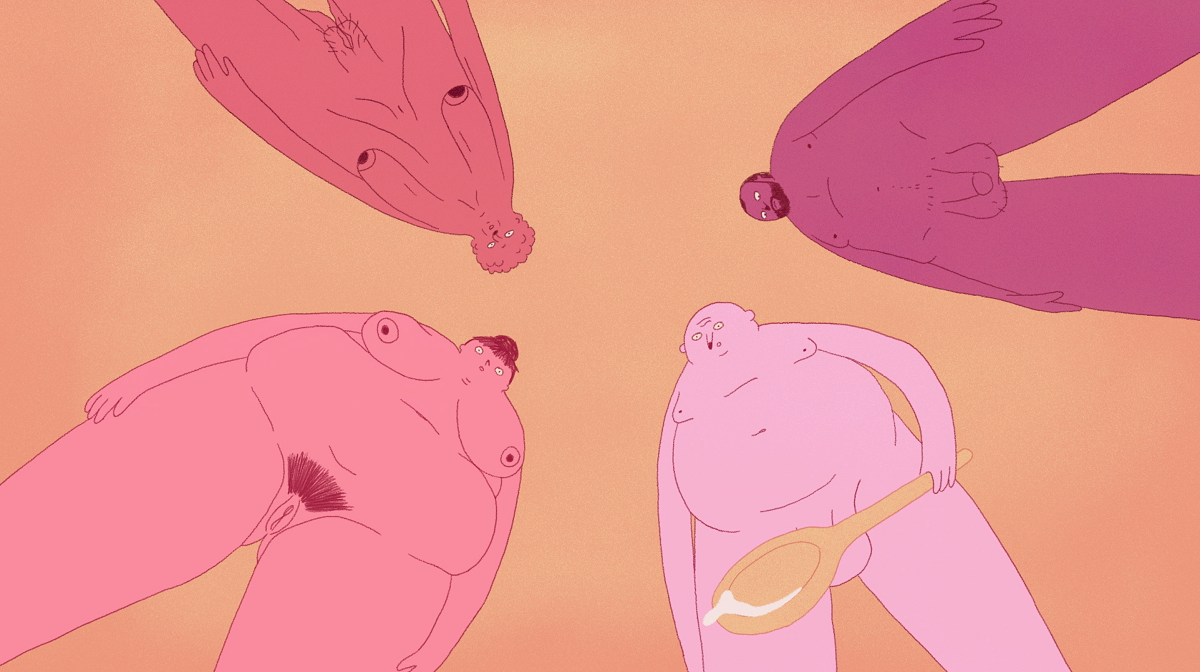

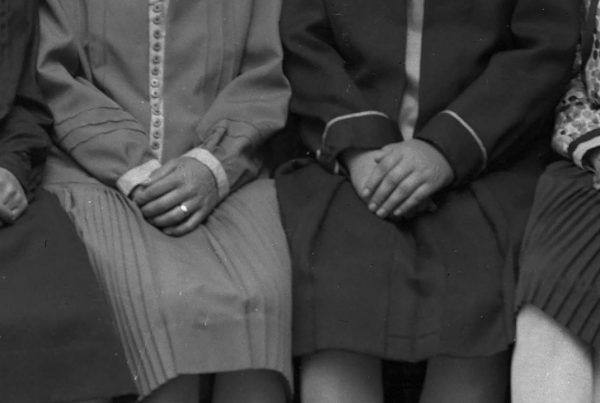
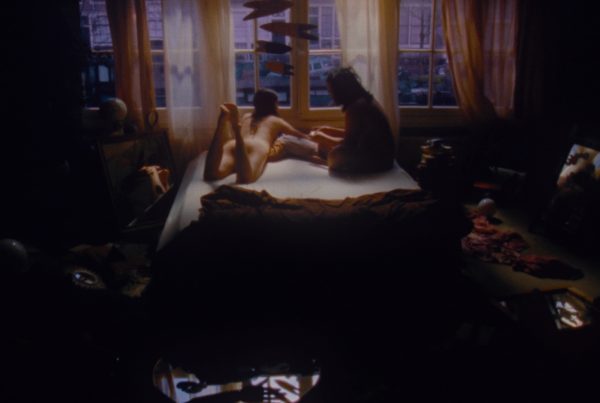
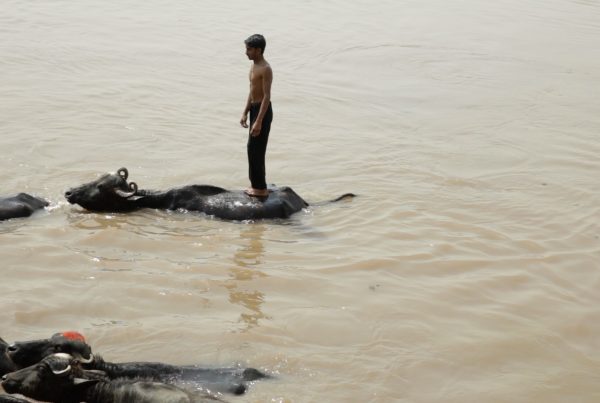
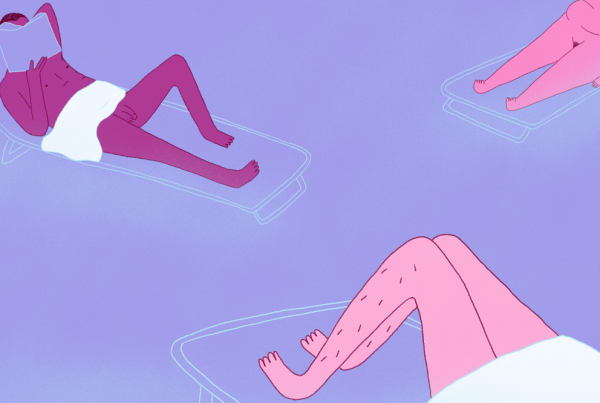
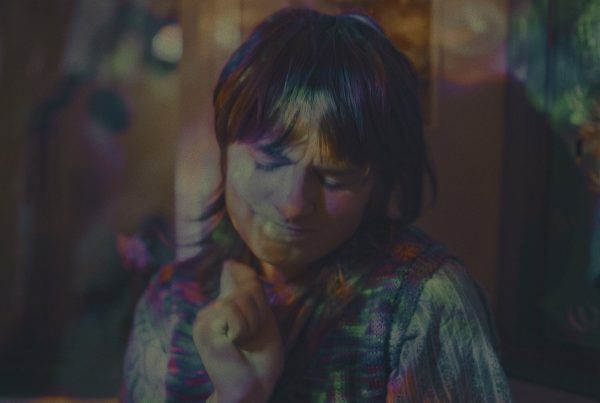






Commenti recenti